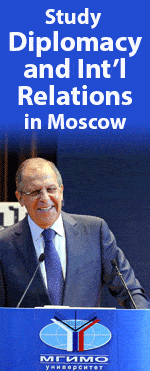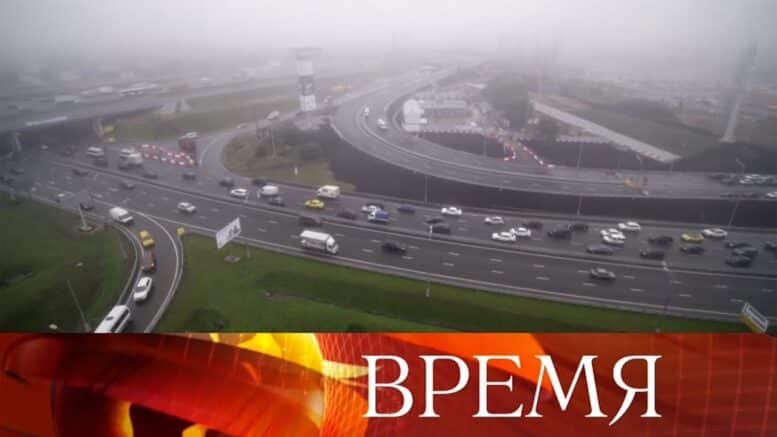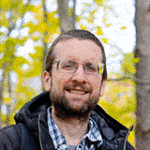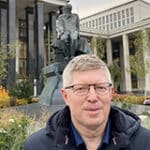
According to a 2016 poll by the independent Levada Center, 80% of Russians view television as their primary source of news. The same Levada poll, however, shows that only 41% trust the news as an objective source of information. The broadcasts sampled here are from Russia’s most-watched channels: First Channel and Russia Channel.
To receive SRAS’s free monthly newsletter (which features new issues of this resource) by email, simply sign up.
First Channel looked at the Leaders of Urban Transport Summit, which took place in Moscow. The report covered road building and public transport efforts, but focused mostly on the Moscow Metro, which has been expanded greatly over recent years. The report stated that “foreign participants” learned that the Moscow metro is now “far ahead its foreign counterparts in length, beauty and comfort” also adding that “public transport is now fashionable.” To drive home the point, a representative from New York was later shown saying that “If you’ve seen the New York Metro, you wouldn’t ask me for advice.”
According to First Channel, all big cities in the world are trying to solve the issue of traffic jams by convincing motorists to give up their private cars. Moscow is having success in this with the launch of a large circular above-ground metro line to carry more passengers on an already successful network. Additional lines and a third circular line are now being built as well.
Moscow Mayor Sergey Sobyanin was given extensive screen time. He was shown saying that the city government, in parallel to developing public transport, adopted a giant program of road infrastructure development. For the eight recent years, the city government built and reconstructed over 815 kilometers of roads and 14 major traffic intersections. Many new roads are currently under construction or are planned.
Other policy efforts currently being also include the rapid development of car sharing, pedestrian streets, city bikes, and scooter rentals.
Phrases to watch for:
далеко впереди – far ahead
отказаться от личных автомобилей – to give up private cars
развитие общественного транспорта – development of public transport
приняли гигантскую программу – adopted giant program
возвели и реконструировали – was built and reconstructed
транспортные развязки – traffic junctions
дороги будут проложены – roads will be paved




